The Federal Government yesterday said no stone would be left unturned towards Nigeria drive to achieve 95 per cent digital literacy by the year 2030.
The government assured that following the inclusion of digital literacy as a cornerstone of the Renewed Hope Agenda of President Bola Tinubu administration, all efforts would be geared towards the success of the goal.
The Chairman of the Technical Working Group for the initiative and President of Digital Bridge Institute (DBI), Mr David Daser gave the assurance during the inaugural meeting of the group at the DBI headquarters in Abuja.
David Daser said the government as well as members of the National Digital Literacy Technical Working Group (NDL-TWG) are committed to the ideas and goals of achieving 95 per cent digital literacy in the country by 2030.
Daser commended the Minister of Communications, Innovations and Digital Economy, Dr Bosun Tijani and the Head of the Civil Service of the Federation, Mrs Didi Esther Walson-Jack and the Director General of NITDA, Malam Kashifu Inuwa for their commitment to the success of the goal.
“The inclusion of digital literacy as a cornerstone of the Renewed Hope agenda underscores a profound understanding of its critical role in national development, empowering our citizens, and positioning Nigeria for a prosperous future in the global digital landscape.
“This strategic focus is not merely about technology adoption; it is about human capacity building, job creation, and unlocking the vast potential within our vibrant populace,” Daser said.
Daser said Nigeria has grappled with a significant digital literacy gap and warned that in today’s rapidly evolving global economy, digital literacy is no longer a luxury but a fundamental necessity, a gateway to economic prosperity, social inclusion, and enhanced governance.
He regretted that while individual initiatives to address these challenges have sprung up across the country, their fragmented nature, coupled with persistent infrastructure challenges and inconsistent data collection, has hindered collective progress.
The DBI boss explained that the National Information Technology Development Agency (NITDA) launched the Digital Literacy for All initiative to address this critical challenge, adding that the NDL-TWG emerges as a strategic and unified response to ensure that the noble aspirations of the initiative and the comprehensive Nigeria Digital Literacy Framework are not just concepts, but lived realities for every Nigerian.
He said: Our mandate, therefore, is clear and compelling: we are tasked with coordinating, standardizing, and scaling digital literacy initiatives nationwide. This involves a meticulous approach to harmonize existing programs, identify and bridge the infrastructure gaps that impede access, and establish robust, consistent data practices to accurately measure our progress. We must ensure that our efforts are cohesive, efficient, and impactful, reaching every corner of our vast and diverse nation.
“The ultimate vision driving our work is Nigeria’s unwavering commitment to achieving 95% digital literacy by the year 2030. This is not merely an ambitious target; it is a declaration of our intent to build a future where every Nigerian, regardless of age, gender, or location, possesses the essential digital skills to thrive in the 21st century. It is about empowering our citizens, boosting our economy, and fostering a society that can fully harness the transformative power of technology.”
On the task of the group, Daser said: “This journey will demand unprecedented collaboration – from government agencies, the private sector, academia, civil society organizations, and indeed, every Nigerian who understands the imperative of digital inclusion. We must pool our resources, share our expertise, and unite under a common purpose.”
The Executive Secretary, Nigeria Board of Technical Education (NBTE), Prof. Idris Bugaje, who is the technical working group co-chair, described the initiative as a very smart move by the government, the ministry and agencies involved and other stakeholders in the eco-system
He assured that NBTE was ready to support the initiative and give all necessary contributions to the success of the technical working group, adding that the importance cannot be overemphasized, citing the NBTE has thrived after adopting digital technology in its process.
He said: “Let me update you that the NBTE has already embrace the digital technology. We are trying our best, even in our accreditation today we are doing it digitally. No physical accreditation, and this has reduced cost, it has ensured security of our staff, it has also addressed the so-called Nigeria factors in accreditation.
“That has also been addressed by digital technology because the human interface has been removed completely. You submit your forms online, you upload all the data needed and you are accessed online. If you meet the requirements, you shall receive a letter approving your accreditation.
“Besides that, we are also linking up all our polytechnic to a common digital database whereby all data on students, staff and others issues are uploaded and we can access them in the NBTE,” Prof Bugaje stated.
Share this post
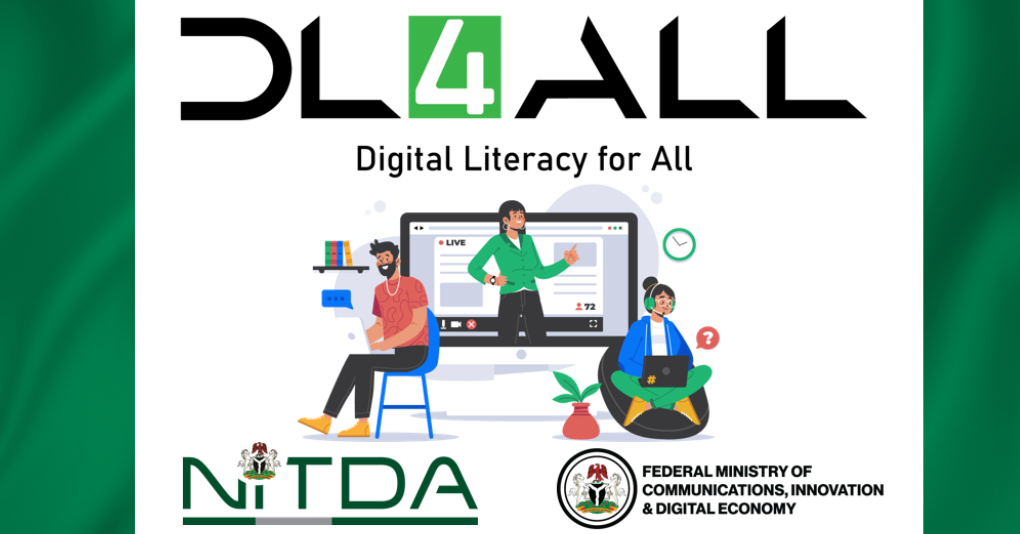
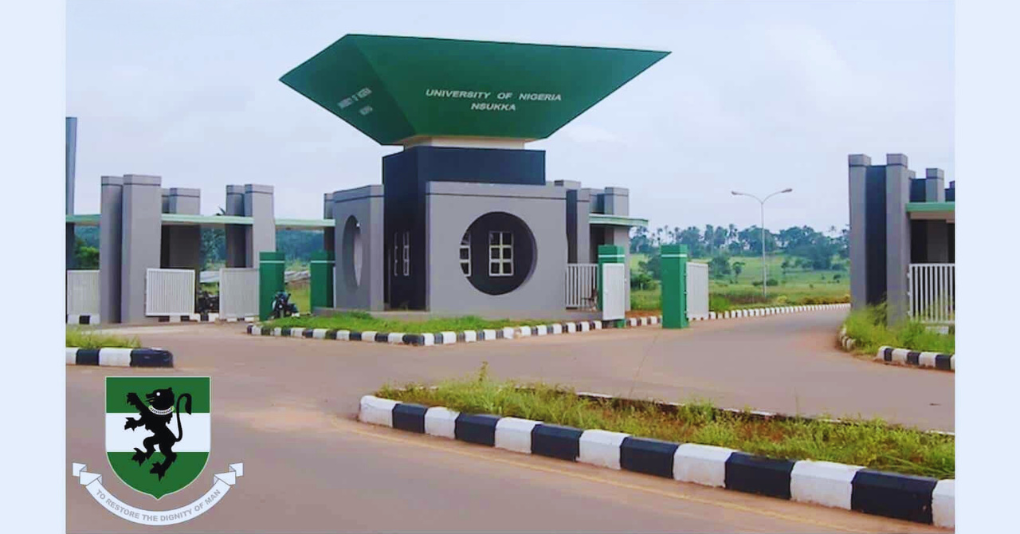
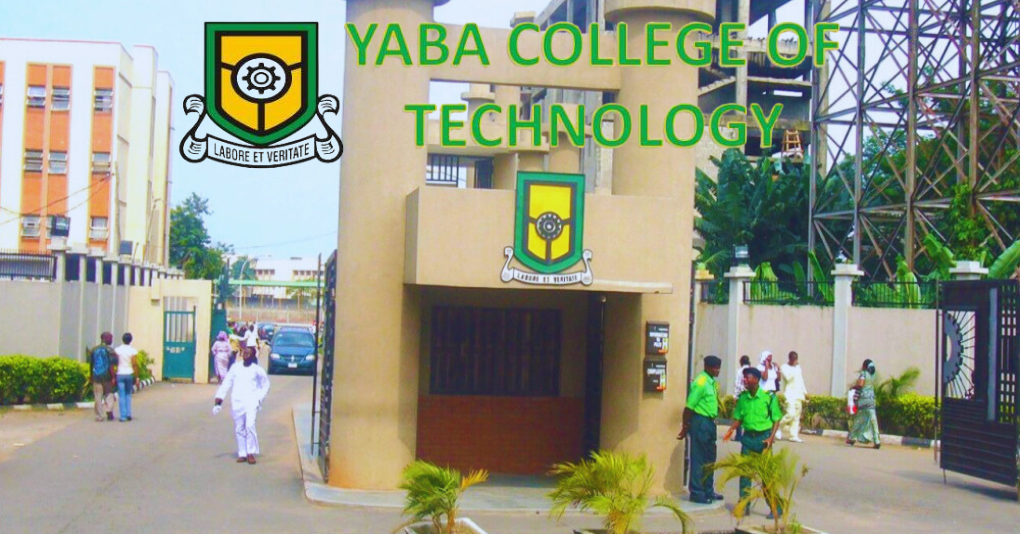
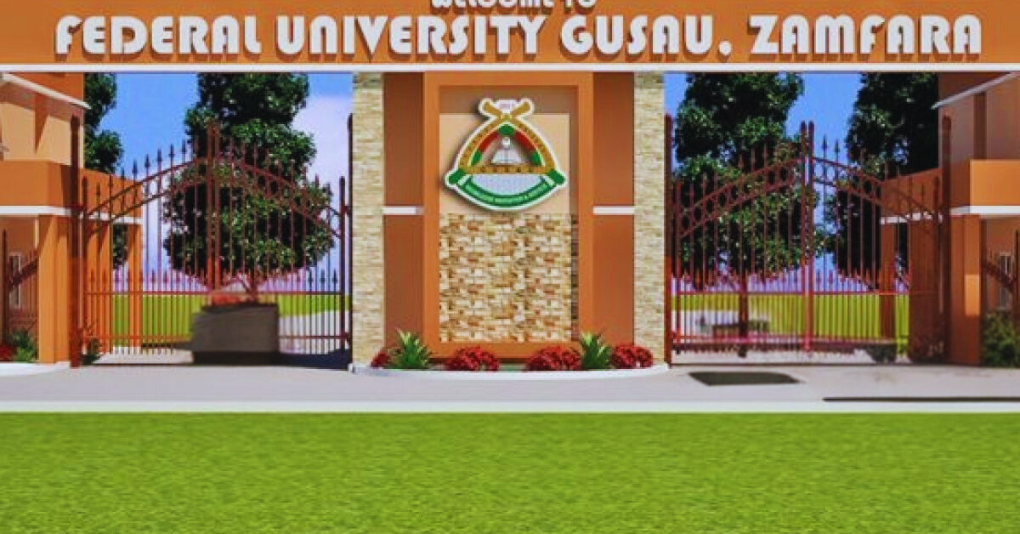
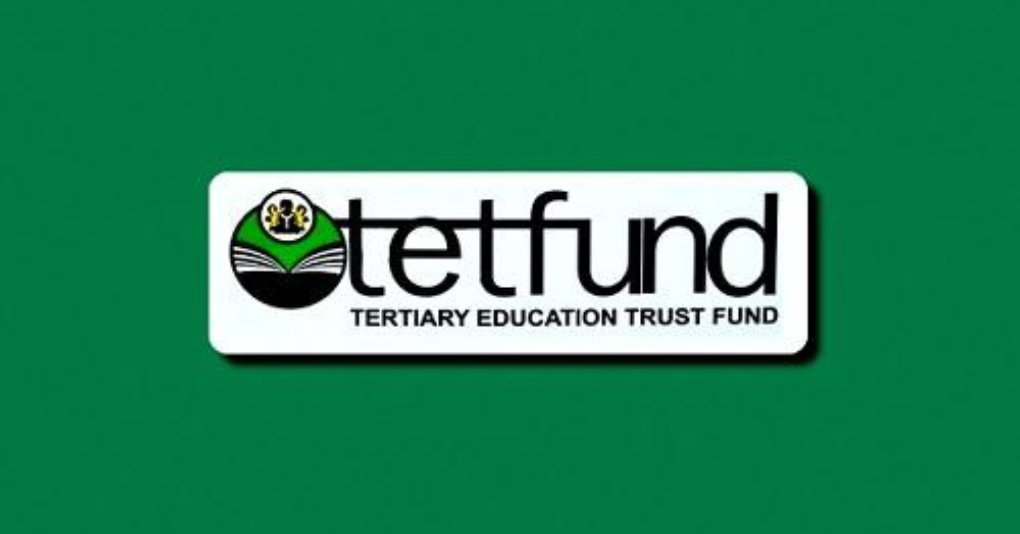
Be the first to comment on this post